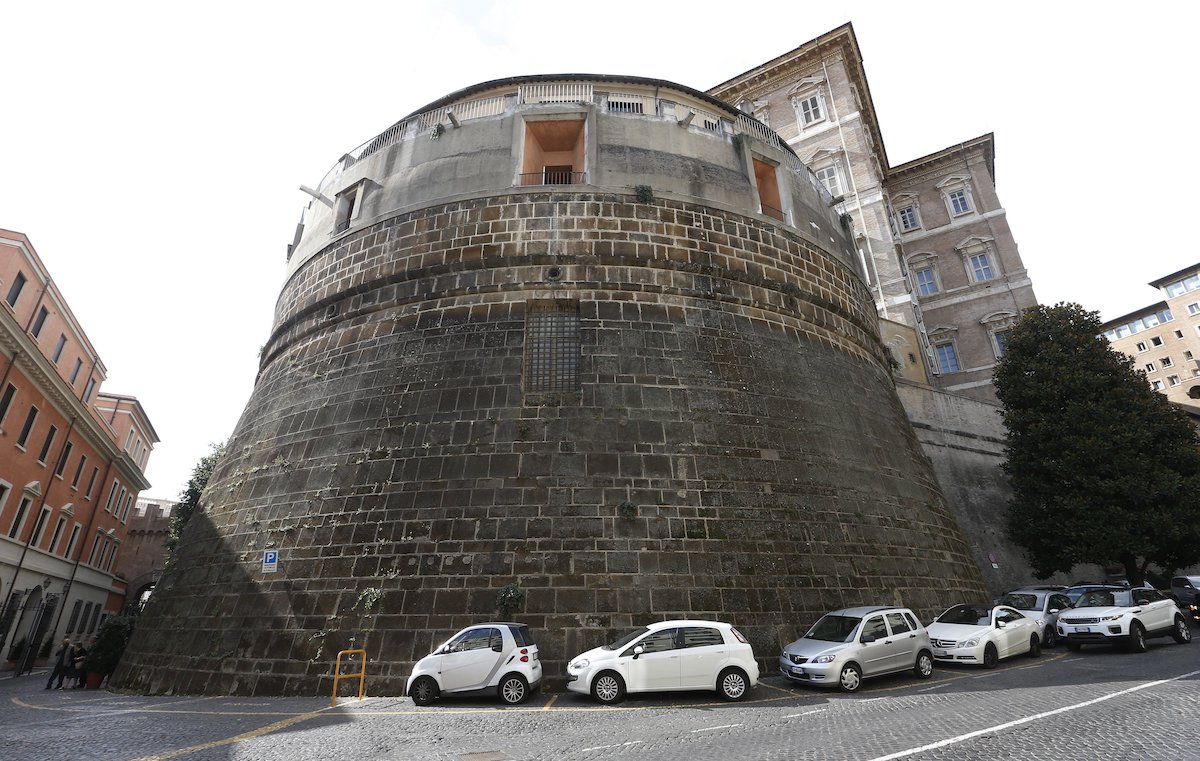By Carol Glatz, Catholic News Service
VATICAN CITY (CNS) — Pope Francis has approved a new law strengthening the oversight of Vatican-related foundations and nonprofit organizations as well as detailing sanctions and clarifying existing norms on transparency, accountability and mandated compliance with anti-money laundering measures.
The new law, which takes effect Dec. 8, applies to all legal “persons” or entities dedicated to a specific purpose and that are connected to the Holy See or Vatican City State.
These entities include foundations, nonprofit or volunteer organizations and specific funds that are dependent on and supervised by either the Secretariat of State, the Governorate of Vatican City State, an office of the Roman Curia, a pontifical academy or university, or some other Vatican-related body.
Because these entities were established by “the initiative of private individuals” to carry out a mission or purpose beyond the work of the Roman Curia, they enjoy “a certain administrative autonomy,” the pope wrote in an apostolic letter published “motu proprio,” (on his own initiative) Dec. 6.
However, since their assets and “goods are part of the patrimony of the Apostolic See, it is necessary for them to be subject not only to the supervision of the curial institutions on which they depend, but also to the control and supervision of the economic bodies of the Roman Curia,” the pope wrote.
Specifically, the Secretariat for the Economy will supervise, inspect and verify the economic and financial activities, assets and budgets of these legal entities as well as their compliance to international standards against money laundering and the financing of terrorism.
The law specifies the secretariat and the office of the Vatican auditor general may have access to all accounting records, information on financial transactions, donors, beneficiaries, governing members and other necessary information about the legal entity. It also outlines the process for the handling, liquidation and transfer of assets after an entity is suppressed.
The new law on “legal persons” related to the Holy See/Vatican City State reflects a number of recommendations made by Moneyval, the European financial watchdog committee, in its 2021 report assessing the Vatican’s compliance with financial regulation standards to prevent financial crimes such as money laundering and terrorism financing.
The 275-page report had a nine-page section dedicated to “legal persons and arrangements,” saying there was “no guidance or overarching law that comprehensively addresses registration, administration and winding up (liquidating assets) of legal persons.”
The Moneyval report noted there had been “on-going oversight of activities of all legal persons,” an understanding of the potential risks they presented and an effective vetting process in place of those involved as members and in management of these entities.
However, among its recommended actions, Moneyval suggested Vatican authorities “should continue to pursue the introduction of an overarching law to cover the registration, administration and winding up of legal persons in the Holy See/Vatican City State”; provide guidance on the “creation of legal persons in order to provide an overview of the applicable legal provisions and processes applied in practice and make it publicly available”; and review the administrative sanctions applicable to legal persons in order to ensure compliance.
Moneyval had listed 48 known Vatican-related “legal persons” in an appendix to its 2012 report, detailing each one’s stated mission, legal representative and supervising body. Some of that information has changed since then, but among the entities listed they include: the Vatican employees’ health care assistance fund and pension fund; the “Nostra Aetate” Scholarship Foundation; the Equestrian Order of the Holy Sepulcher of Jerusalem; the Vatican-owned pediatric hospital’s Bambino Gesù Autonomous Foundation; Caritas Internationalis; and the Joseph Ratzinger-Benedict XVI Vatican Foundation.







